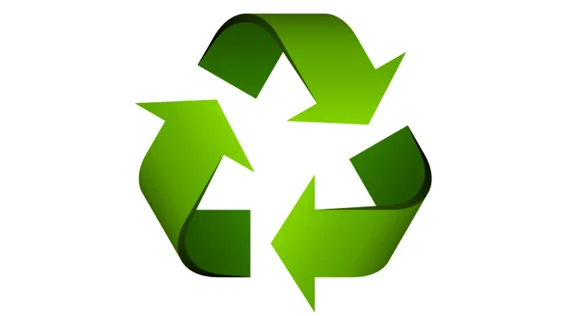
SEATTLE (Waste Advantage): Call2Recycle, the nation’s largest battery stewardship and collection, logistics, and recycling program, today unveiled its annual battery collections data, with more than 8.1 million pounds of consumer batteries collected for recycling in the U.S. throughout 2021. Despite continued challenges from COVID-19, total 2021 battery collections were just 3.2% lower than in 2020, attributable to a drop in single-use (primary) batteries. Significant growth in consumer drop-offs and lithium-ion collections are highlights of this year’s data, as the soaring battery production market is supercharged by the electrification of the economy.
Individual returns of battery-powered goods to retail drop-off locations saw growth in 2021 — even as drop-off site availability decreased due to COVID-19 — evidence that Americans are willing to invest their time and energy in battery recycling when they have the opportunity. In Vermont, where Call2Recycle serves as the approved primary battery stewardship program, the state smashed collection goals and benchmarks to record over 216,000 pounds of batteries, the largest weight in battery collections in program history in the state. Vermont collected 46% more primary batteries than in 2020.
“Even facing unprecedented pandemic-era barriers, consumers, collection partners, and battery and product manufacturers stepped up this year,” said Linda Gabor, executive vice president of external relations at Call2Recycle. “As batteries of all shapes and sizes power more and more devices integral to our daily lives, Americans are depending on available recycling solutions in their communities, and Call2Recycle is proud to lead a comprehensive effort, alongside industry and government collaborators, to make that a reality.”
This year’s collections data shows a 12.3% increase in lithium-ion battery collections, which drove an overall 5% increase in total rechargeable collections — numbers that confirm the lithium-ion surge isn’t going away. With the e-mobility sector relying on these batteries too, the safety needs will only increase. A 2021 report from the Environmental Protection Agency found that the growth of lithium-ion batteries caused an alarming uptick in battery-caused fires at waste facilities between 2013 and 2020. Call2Recycle continues to adapt and expand its work to ensure households, governments, and manufacturers have the resources needed to keep their communities safe and responsibly manage these larger and more powerful batteries at their end of life.
“Batteries used to fit in the palm of your hand, but the rise of e-mobility has supersized an already formidable recycling challenge. We’re expanding and collaborating closely with our nationwide network of partners to help minimize the complexities associated with collecting, transporting, and recycling batteries of all sizes to enable an electrified world – safely, responsibly, and sustainably,” said Call2Recycle CEO Leo Raudys. “With batteries holding the key to modern life and a healthy climate, it’s imperative that we expand not just the types and sizes of batteries we collect, but the reach of our recycling programs to communities that haven’t had access in the past.”
Courtesy: www.wasteadvantagemag.com



| Copper Scrap View All | |
| Alternator | 0.40 (0) |
| #1 Copper Bare Bright | 4.17 (-0.03) |
| Aluminum Scrap View All | |
| 356 Aluminum Wheels (Clean) | 0.81 (0) |
| 6061 Extrusions | 0.71 (0) |
| Steel Scrap View All | |
| #1 Bundle | 360.00 (0) |
| #1 Busheling | 380.00 (0) |
| Electronics Scrap View All | |